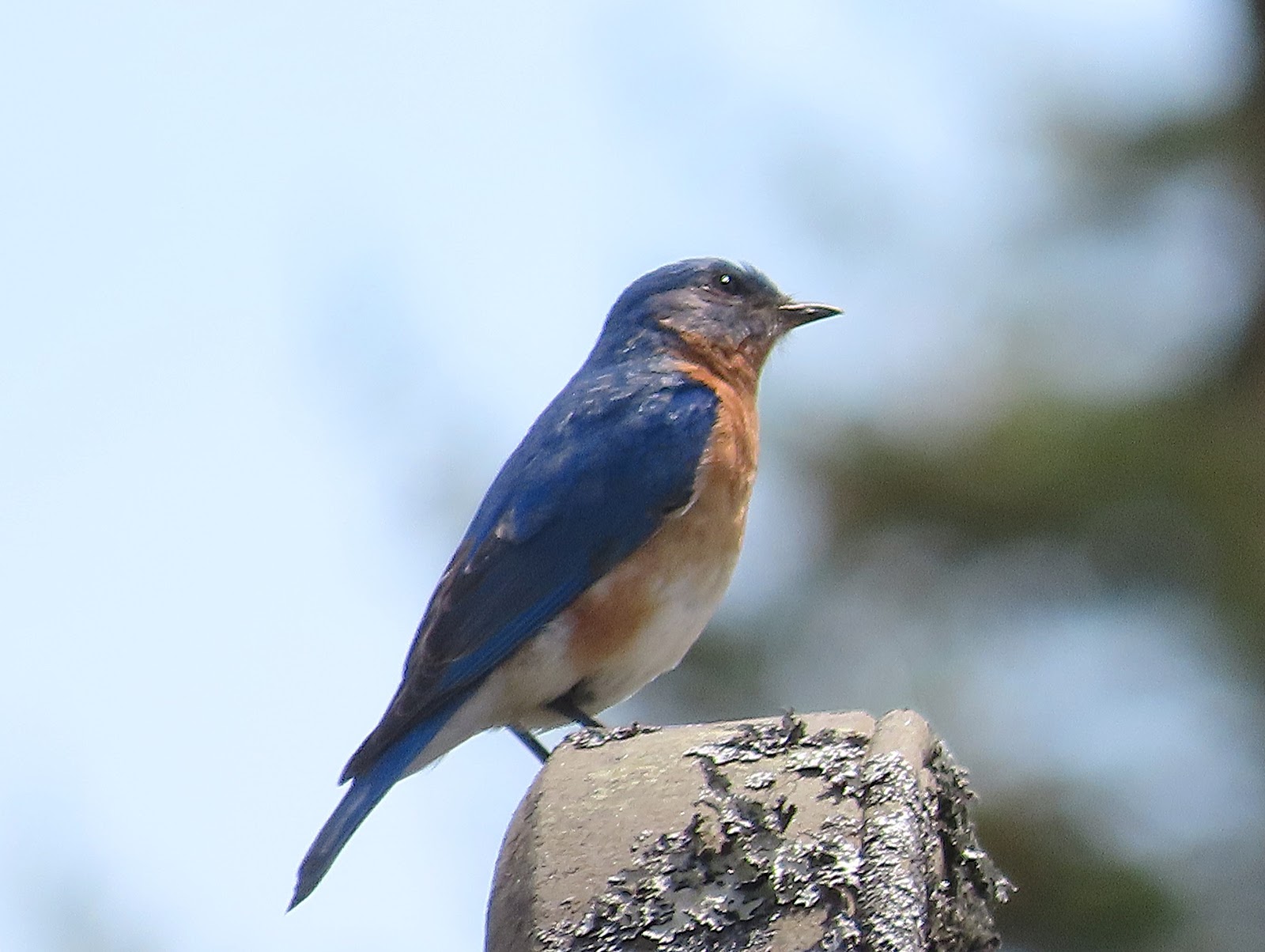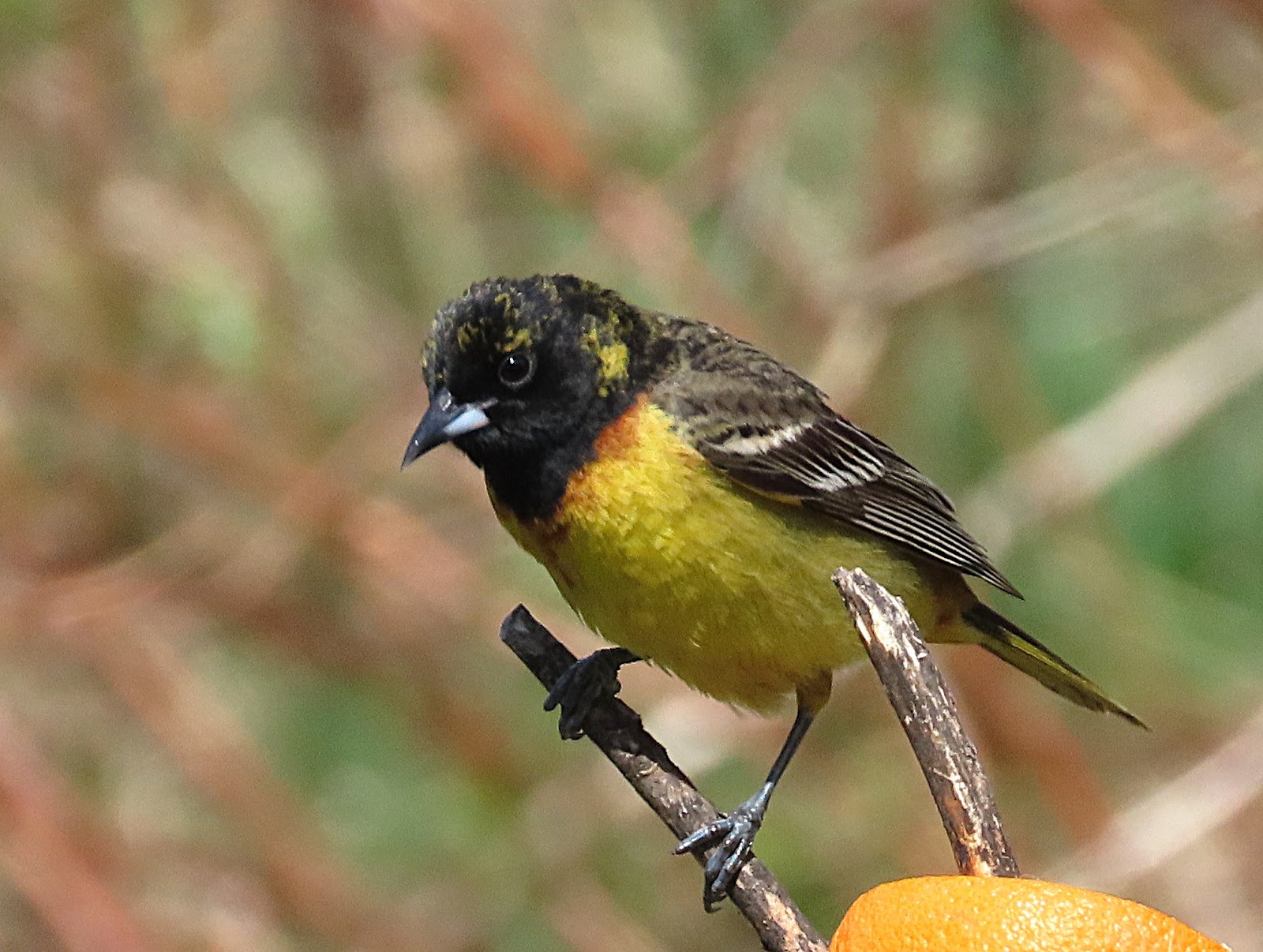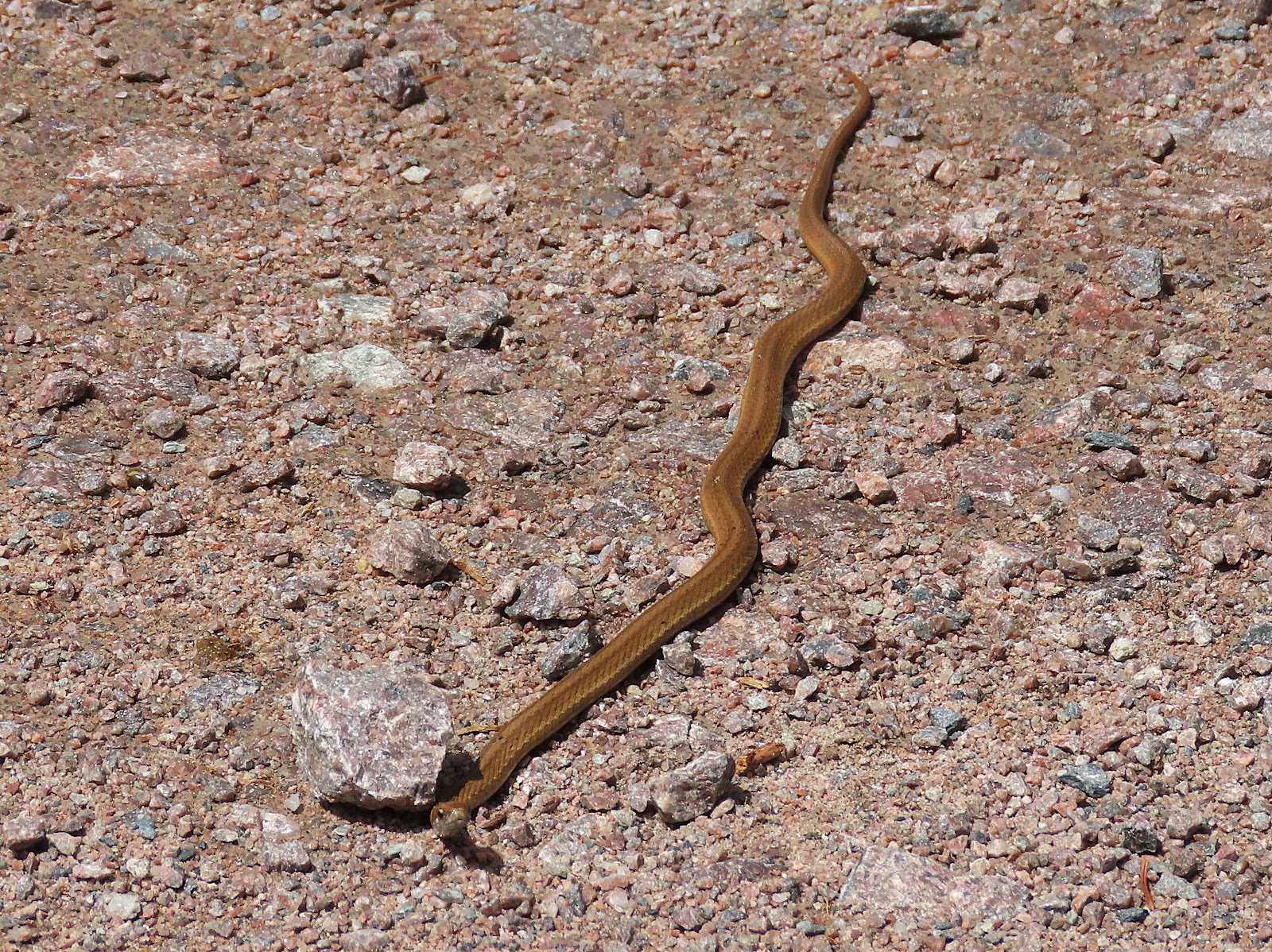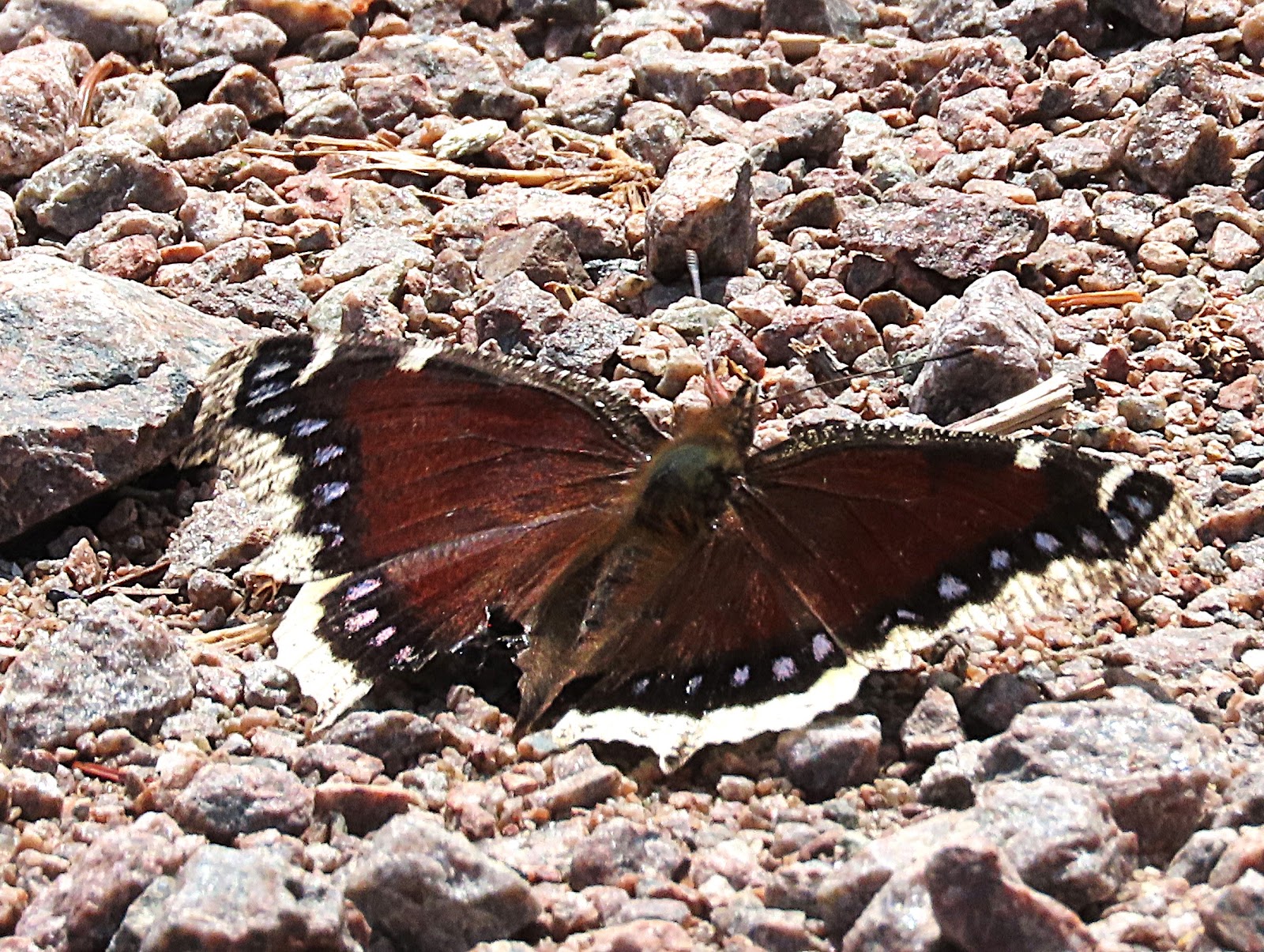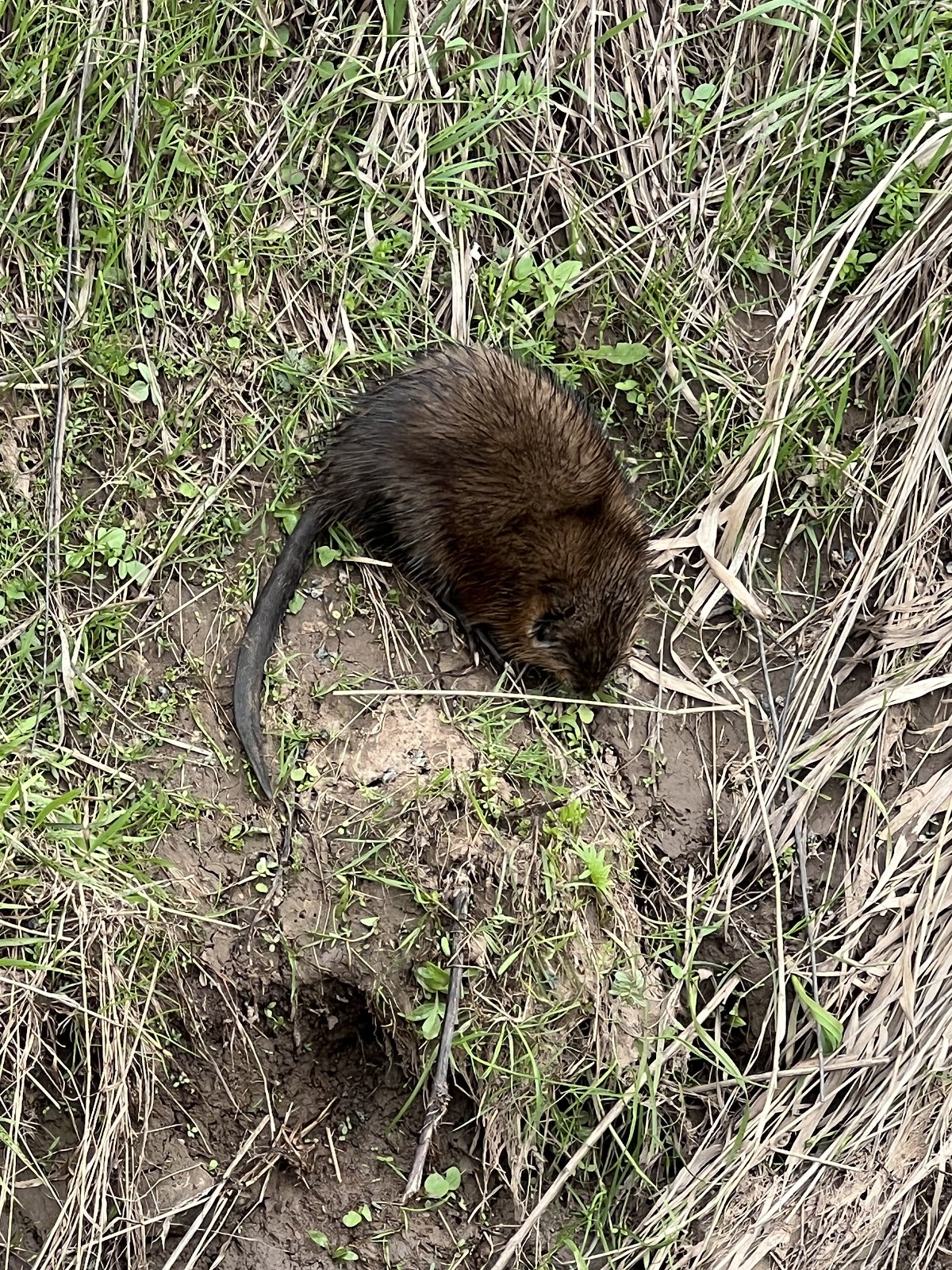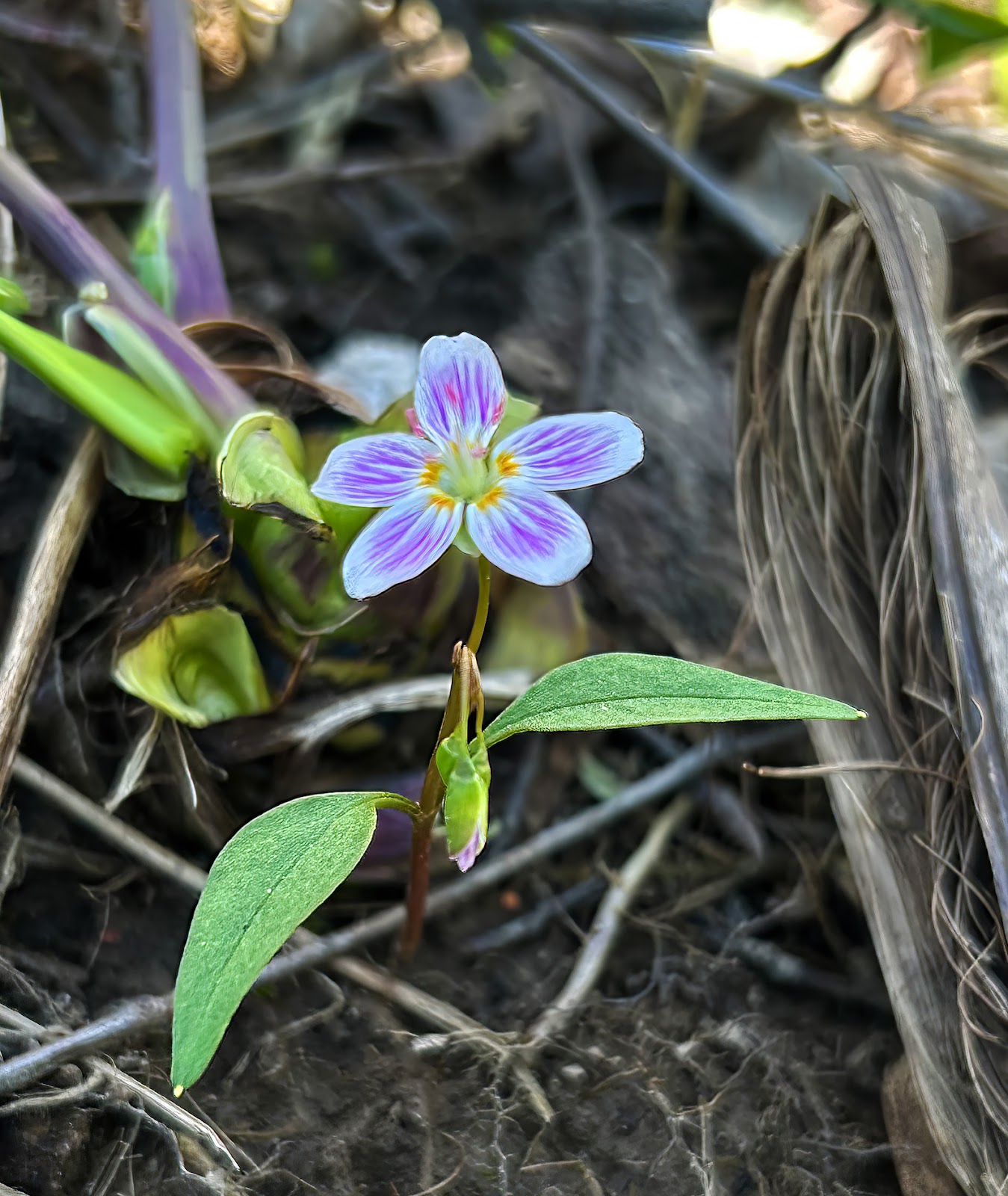NATURE
MONCTON NATURE NEWS
May 9, 2025
Nature Moncton members, as
well as any naturalist in New Brunswick or beyond, are invited to share
their photos and descriptions of recent nature sightings to build a fresh
(almost) daily edition of Nature News
To
respond by e-mail, please address your message to the information line
editor, nelsonpoirier435@gmail.com .
Please
advise the editor at nelsonpoirier435@gmail.com and the proofreader
Louise Nichols at Nicholsl@eastlink.ca if
any errors are noted in wording or photo labelling.
For more information
on Nature Moncton, check the website at www.naturemoncton.com
Proofreading
courtesy of Nichols nicholsl@eastlink.ca
To
view the live feed of the Peregrine Falcon nest cam on the summit of Assumption
Place in Moncton, go to:
**Heads-up for 10:00 AM Saturday morning
to put to work some of the apps practiced on Thursday night at the apps
workshop.
Participants are encouraged to join a walk at
the Bell Street (Wilson’s) Marsh on Saturday, May 10, starting at 10 AM, where
they can put their new skills to work. Saturday, May 10, is Global Big Day,
which is an annual global birding event where bird enthusiasts record their
bird sightings and contribute to scientific research through the eBird
platform.
All are welcome, Nature Moncton member or not.
**Lynda Leclerc and her husband, Gilles, were
returning home from visiting her sister in Ontario. They turned onto the TCH
exit to Rivière du Loup for an early supper and saw a huge flock of
migrating snow geese. What a treat!
**Shannon Inman was able to photograph a pair
of eastern bluebirds posing separately on Thursday.
Shannon’s camera also captured a small, about 9 inches long, brown morph red-bellied snake, a mourning cloak butterfly, and at home, a new immature male Baltimore oriole.
**David Lilly was birding in the Fredericton
area on Thursday to get a photograph of a male yellow warbler, a male
red-winged blackbird, and a male common grackle.
David also got a nice close-up photo of a meadow
vole, a widespread mammal that we very seldom see due to its nocturnal and
secretive lifestyle.
**Maureen Girvan was walking the Dieppe marsh
trail on Thursday to get a nice photo of a muskrat on land, nicely
showing its vertically flattened tail that acts as a powerful rudder to this
animal when in water, where it usually is.
**Nelson Poirier photographed the small but
beautiful spring ephemeral plant spring beauty, on Thursday. It was
using trout lily leaves as a backdrop.
**This Week’s Sky at a Glance, 2025 May 10
– May 17
Early this week stargazers have an opportunity to do an ISS marathon.
The International Space Station orbits the earth at an altitude of about 400 km
and at this height it completes an orbit in approximately 90 minutes. The ISS
has large solar panels that reflect sunlight earthward, which make it bright
enough to rival Jupiter and Venus at times. Usually, we can catch it once or
twice in morning twilight for a period of about ten days, then in the evening
twilight for the same stretch, and then it is unseen for a while as the
overhead passes are in daylight or shadow. For a month either side of the
summer solstice, when we have long periods of twilight, the ISS can be seen
four or five times from evening through to morning. If you see it in each pass
throughout the night you have completed the ISS marathon.
To determine when and where to look I use the website Heavens-Above, but there
are other apps such as Satellite Safari that give the same information and may
even give you an alert when a pass is about to occur. Heavens-Above defaults to
zero degrees latitude and longitude so be sure to enter your location.
Information includes the date and time, brightness, and where to look.
Brightness is given in stellar magnitude, where the lower the number the
brighter is the object, and the ISS is usually bright enough to be a negative
number. With the Heavens-Above website, clicking on the date brings up a sky
map showing the path of the ISS through the constellations.
This Week in the Solar System
Saturday’s sunrise in Moncton is at 5:52 and sunset will occur at 8:39, giving
14 hours, 47 minutes of daylight (6:00 and 8:41 in Saint John). Next Saturday
the Sun will rise at 5:44 and set at 8:47, giving 15 hours, 3 minutes of
daylight (5:51 and 8:50 in Saint John).
The Moon is full on Monday and it rises near
Antares the following evening. Mars continues to move eastward through Cancer,
appearing as bright as the star Pollux in Gemini to its right. Later in the
week Jupiter passes between the horn tip stars of Taurus, appearing lower in
the west each night and setting before 11:30. Saturn and Venus rise before 4:30
am this week, and if you try early enough you might see Neptune half a
binocular view left of Saturn and just below a somewhat brighter star. Mercury
is lost in morning twilight as it approaches the Sun.
The William Brydone Jack Astronomy Club in
Fredericton meets in the UNB Forestry-Earth Sciences building this Tuesday at 7
pm. Tune in to the Sunday Night Astronomy Show at 8 pm on the YouTube channel
and Facebook page of Astronomy by the Bay.
Questions? Contact Curt Nason at nasonc@nbnet.nb.ca.
Nelson Poirier.
Nature Moncton
